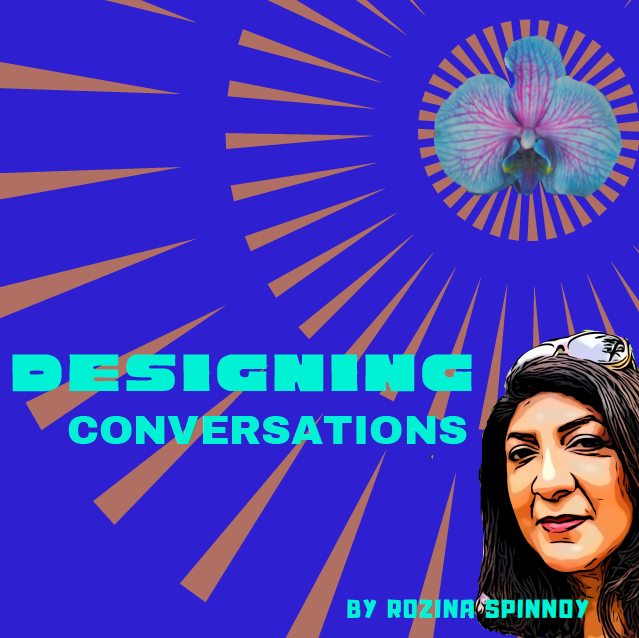
The period of the pandemic and recent global events, has highlighted more than ever why the Creative and Cultural Industries are so important. We need our diverse Creatives to be included with a seat at the table for co-designing and solving our ‘wicked problems’. In this timely paper we discuss the essential need for more diversity in this sector.
The topic of diversity has been significantly important to me on a professional and personal level, as a women of colour in this field for over 25 years. Diversity is important for social cohesion in the creative industries for a number of reasons.
Firstly, diversity brings a range of persepectives, experiences and skills to the table, which can lead to more creative and innovative ideas. When people from different backgrounds come together, they bring unique perspectives and experiences to the table, which can help generate new ideas and approaches to problems.
Secondly, diversity helps to foster a sense of inclusivity and belonging within an organization. When people feel like they are valued and included, they are more likely to feel a sense of connection to their colleagues and the organization as a whole. This can lead to better collaboration and teamwork, which is essential for the success of any creative project.
Third, diversity can help to attract and retain top talent, in today’s competitive job market, many people are looking for organizations that value diversity and inclusivity. By promoting diversity, the creative industries can attract and retain top talent from a range of backgrounds.
Overall, diversity is important for social cohesion in the creative industries because it helps to foster creatitivy, inclusivity, and a sense of beleonging, which are essential for the success of any organization.
In addition, these industries provide a means for people to express themselves, share their experiences and ideas, and connect with others. They also play a key role in preserving and promoting cultural heritage, diversity and can contribute to social coheasion.
The creative and cultural industries also have significant economic importance. They contribute to the development of new products, services, and technologies, and they generate employment and economic growth. These industries also have the potential to drive innovation and creativity in other sectors of the economy, as well as to stimulate tourism and international trade.
In respect to the economic and cultural value, the creative and cultural industries also have the power to shape public discourse and influence social and political issues. They can be used as a platform to raise awareness about important issues and to promote social change.
Overall, the creative and cultural industries play a vital role in society by providing a means for people to express themselves, contribute to the economy, and shape public discourse.

Podcast by Rozina Spinnoy
The article also follows on from Podcast series of ‘Designing Conversations’ by Rozina Spinnoy, with 5 sessions and guests, talking about their work with a focus on Inclusion in the Creative and Cultural Industries published here on , Spotify, Apple and various other podcast mediums.
Rozina Spinnoy, wears several hats as a Social Entrepreneur and Design Strategist. Rozina is the Managing Director of the Belgium Design Council and Director of it’s ‘sister’ NGO BIDs Belgium.
